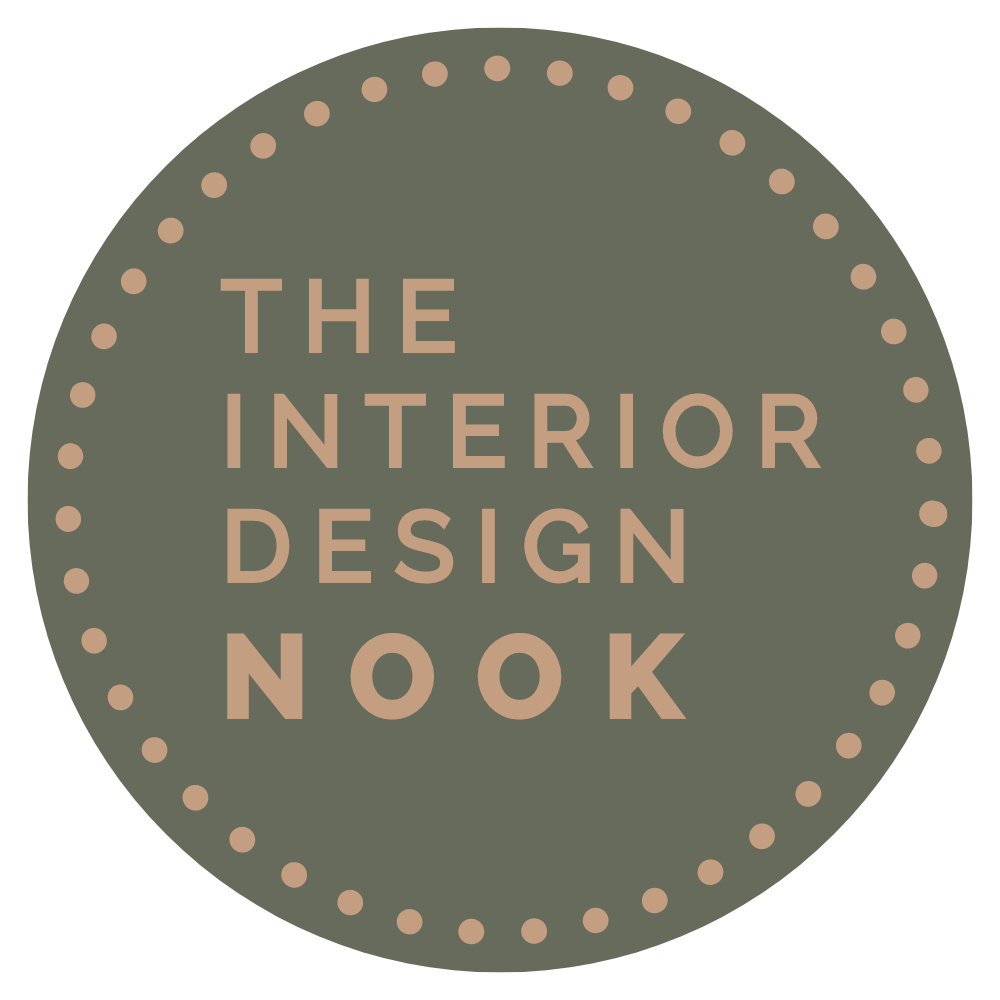Sensory positive home: Olfactory considerations (smells!)
This is the third ‘Sensory Positive Home’ post to guide you through creating a neurodivergent-friendly home. If you have sensory issues, your home has a big impact on your wellbeing. The way your home looks, feels, sounds and smells is really important, and it’s crucial for the rooms in your home to support the way you need to feel and behave in those spaces. The right interior design decisions will give you a home that reduces overwhelm, is uplifting, and provides a place of retreat for you to regulate and be your best self.
This week we are looking at aroma. Aromas can overtly or subliminally affect mood and emotion, but is smell really an interior design consideration? Well yes, and it’s not just about smelly candles and scent profiles! In my experience the sensory issues relating to odours in the home are things like cooking smells, cleaning products and – ahem – pongy toilets! So if you’re renovating, now is your chance to design those issues out of your life.
Kitchen Odours
For kitchen odours, ensure you plan good ventilation for your hob and that the extraction is external. I’ve just installed a downdraft extractor in my kitchen as it’s very effective without taking up any overhead space. Also ensure you have a door between your kitchen and living space so that you can keep cooking smells out of the rest of your house (also a good safety feature in case of fire!). If you like the responsiveness of gas cooking but don’t like the smell, a modern induction hob is just as responsive, safer and easier to clean.
I don’t have an interior design solution to help with the smell of cleaning products, but my advice is to use eco products as they tend to have a less dominant smell, whilst bicarbonate of soda can be used for loads of jobs and has no scent.
Laundry
If you are autistic and have ADHD this situation might sound familiar – are you so hypersensitive to the smell of the dirty washing basket that it keeps you awake at night, but your ADHD brain is no good at doing the washing regularly? The simplest solution is to keep the dirty laundry in the bathroom or a laundry room if you have one. If you’re renovating and have the opportunity, move your washing machine to the same floor as your bedroom so that you don’t have to go up and down stairs to do this chore. When you have ADHD, having too many steps in a process is a big barrier to getting chores done, so making it easier to go from washing machine to wardrobe with your clothes is a win!
Keeping your laundry separate also prevents your clean laundry from picking up cooking smells which can happen if your washing machine and clothes drier are in the kitchen.
Bathrooms
It’s been popular over the past few decades to knock together the traditional separate loo and bathroom. I think this is because there often isn’t a basin in the loo. That, and the obsession with having bigger rooms. But let’s be clear, toilets were only ever put into bathrooms to keep the plumbing together. Using the loo is a very different activity to washing, or indeed having a relaxing soak in the tub at the end of a long day! For neurodivergent people, having separate spaces for separate functions can be helpful for clarity of thought (less dithering!), and it takes the less fragrant smells out of the room-for-getting-clean-in. Plus, a separate loo is a really good space to use a bold wallpaper!
Image courtesy of Sally Storey with thanks
Aroma for wellbeing
Lastly, let’s talk about nice smells. Aromas can evoke memories and are linked to emotional memory because of the brain’s anatomy. If you are hypersensitive, this can be a really powerful tool for emotional regulation. You can use aroma in your interiors to impact your mood and wellbeing the same way you do with colour – start by thinking about your personal reaction to different scents and any nostalgic memories you can draw on. I have a really positive connection to the smell of a log fire, so it was important to me to have a real log burner in our living room. I use lavender in my Sensory Tool Kit because I find it calming, and I also use the same hand soap that we had in the hotel when we got engaged because it brings back happy memories (it’s this, if you want to try it).
Myddfai Trading ‘warm ginger’ range
What aromas trigger positive emotions for you? Let me know in the comments or over on Facebook.



